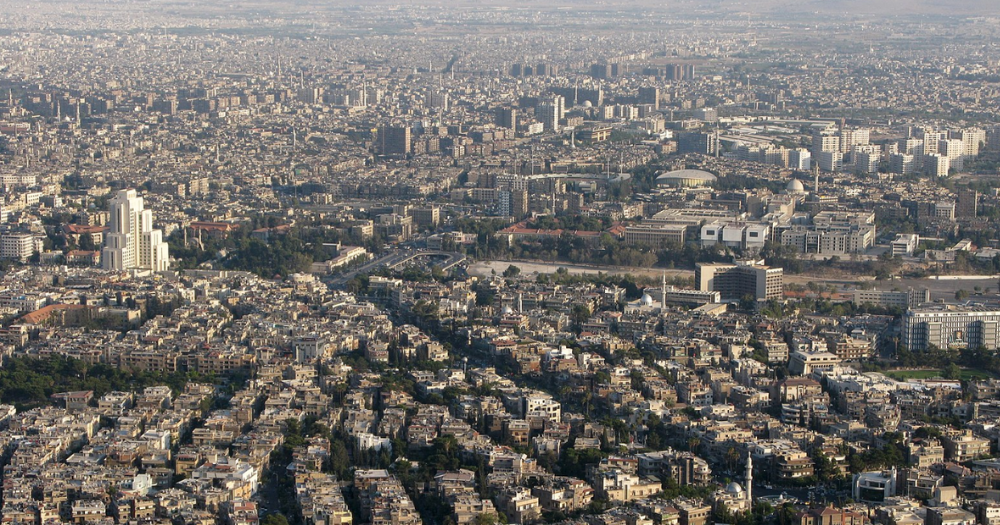Hundreds of people have been killed in Syria following an escalation in violence involving airstrikes from Israel and local fighting in the southern province of Suweida. The province, home to the country’s Druze minority, has seen a sharp rise in sectarian clashes between Druze and Bedouin tribes and Syrian military action in recent days. Although there are conflicting reports, the fatility count is estimated to have been as high as 600.
The violence began on July 15, when Israeli airstrikes targeted Syrian security forces and vehicles in Suweida. The following day, the Israeli military expanded its operation, striking major sites in the capital Damascus, including the Ministry of Defence and the Syrian army’s main headquarters. One of the attacks was broadcast live by a Syrian television channel, with viewers witnessing the presenter fleeing the studio during the broadcast.
View this post on Instagram
Israel has aimed to justify its recent military actions as part of its commitment to protect the Druze minority. Given the close ties between the Druze communities in Israel and Syria, any violence against Druze populations across the border could have political consequences within Israel.
The Druze are an Arabic-speaking religious and ethnic minority with about one million members across the Middle East. Around half live in Syria, where they make up roughly 3% of the population. The Druze follow a unique faith that emerged from Shia Islam but developed its own distinct beliefs and practices. In Israel, there are approximately 150,000 Druze, many of whom serve in the IDF. The Druze are often considered loyal to the state, with several reaching high-ranking positions in government and the armed forces.
In Syria, the Druze community is concentrated around three main provinces close to the Israeli-occupied Golan Heights in the south of the country. The Druze have historically held a fragile position within the country’s political system. During the ongoing civil war, they formed local militias to defend their communities, especially in the south. Syria’s president, Ahmed al-Sharaa, has vowed inclusion and protection to the Druze people since overthrowing dictator Bashar al-Assad.
However, the Druze community remains cautious of these promises, with ongoing tensions arising and the group’s exclusion from political decisions. Clashes erupted over the weekend when Syrian government forces intervened following attacks between the Druze and local Sunni Bedouin tribes. On Thursday, July 17, Syrian government officials and leaders of the Druze announced a renewed ceasefire, which has reportedly since collapsed as local conflicts have erupted once more.
Several Arab countries have condemned Israel’s airstrikes. Saudi Arabia described the attacks as “blatant,” while Iran called them “predictable.” Egypt, Jordan, Lebanon, Iraq, Qatar, and Kuwait also issued strong statements criticising Israel’s actions. The United States expressed concern over the growing violence and urged the Syrian government to take responsibility and lead efforts to stabilise the country.
© 2025 GCN (Gay Community News). All rights reserved.
Support GCN
GCN is a free, vital resource for Ireland’s LGBTQ+ community since 1988.
GCN is a trading name of National LGBT Federation CLG, a registered charity - Charity Number: 20034580.
GCN relies on the generous support of the community and allies to sustain the crucial work that we do. Producing GCN is costly, and, in an industry which has been hugely impacted by rising costs, we need your support to help sustain and grow this vital resource.
Supporting GCN for as little as €1.99 per month will help us continue our work as Ireland’s free, independent LGBTQ+ media.
